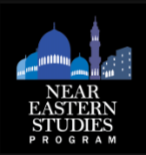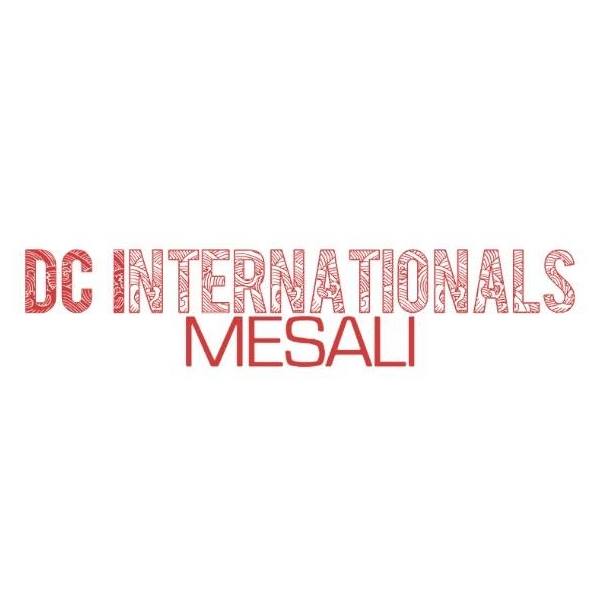Persian today includes Farsi, Dari and Tajiki dialects and is spoken by more than 100 million people in Iran, Tajikistan, parts of Uzbekistan and Afghanistan.

Why Study Persian
We walk together through the gates of the Persian Empire at Princeton!
Persian Courses
The Near Eastern Studies Department offers three levels of Persian language, which are taught by Amineh Mahallati. Persian courses include the following:
Language Placement
Students seeking to test out of the language requirement, or to place into a level higher than PER101, are encouraged to take the placement test, which is offered every year during orientation week, and by appointment.
While students may take Persian to fulfill the foreign language requirement, they also have the opportunity to study Persian while pursuing a concentration or a certificate in Near Eastern Studies.
The Program in Near Eastern Studies provides opportunities to study the languages, modern history, and contemporary institutions of the Arab world, Iran, Israel and Turkey, as well as the Islamic World more broadly.
Requirements For Admission
Most students in our program come from the Departments of Anthropology, History, Politics, Religion, Sociology, or the Woodrow Wilson School of Public and International Affairs.
Students from other departments who have an interest in Near Eastern studies may enter the program with the Director’s approval. Students must meet the requirements of the department in which they are concentrating in addition to those of the Program in Near East Studies.
Course Of Study
In general, students follow the plan of study of their home department; for example, students in Woodrow Wilson School earning a PNES certificate select the Near East in the modern world as a field of concentration. Specific requirements of the Program are as follows:
Language: Students who have had no relevant language training will take at least two years of Arabic, Hebrew, Hindu, Urdu, Persian, Turkish or Swahili language as elective courses.
Students are encouraged to begin the study of a Near Eastern language as early as possible in order to enable them to continue it beyond the required minimum and, if desired, to offer it to meet the language requirement for the A.B. degree. The program also encourages qualified students to enroll in summer sessions in Near Eastern languages
History: All students will take, as departmental courses, at least one appropriate history course in the Department of Near Eastern Studies. Students in the Department of History will take at least two such courses.
Social Sciences: All students will take at least two courses treating the islamicate world that are chosen from the offerings of the Departments of Anthropology, Near Eastern Studies, Politics, Religion, and Sociology, and the Woodrow Wilson School.
Junior independent work is divided between the student's department and the program.
The senior thesis is written on an islamicate subject under the supervision of an islamicate specialist in the appropriate department and the Program.
Students take the regular senior departmental examination given by their department, except that a portion of it deals with the islamicate fields studied. These examinations are described in the sections of this catalog for each department.
Certificate Of Proficiency
A student who completes the requirements of the program with satisfactory standing receives a certificate of proficiency in Near Eastern studies. A student who satisfactorily completes study abroad will have this fact noted on the certificate.

Persian course is offered by Mesali Language Institute. Our courses are taught by highly qualified and experienced teacher who are extremely dedicated to ensuring you leave with all the necessary skills to broaden your horizons and never be lost for words again.

We are happy to announce that we are now offering Fasri/Persian classes.At Al Noor Arabic Center, we’re proud to offer a unique educational experience designed to enhance intellectual growth and promote participatory engagement. Take a look through our site to learn more about us. In this course...

Open doors to new professional possibilities through the study of a language. You will develop vocabulary and communication skills to enhance your academic studies and advance your career.

Our academy offers comprehensive courses tailored to learners at various proficiency levels, from beginners to advanced speakers. Our qualified instructors guide students through grammar, vocabulary, pronunciation, listening, speaking, reading, and writing in Farsi.

At WAL, students can expect to focus on using the language for practical everyday use. In addition, cultural information will be offered as part of the instruction.
© 2025 coursetakers.com All Rights Reserved. Terms and Conditions of use | Privacy Policy